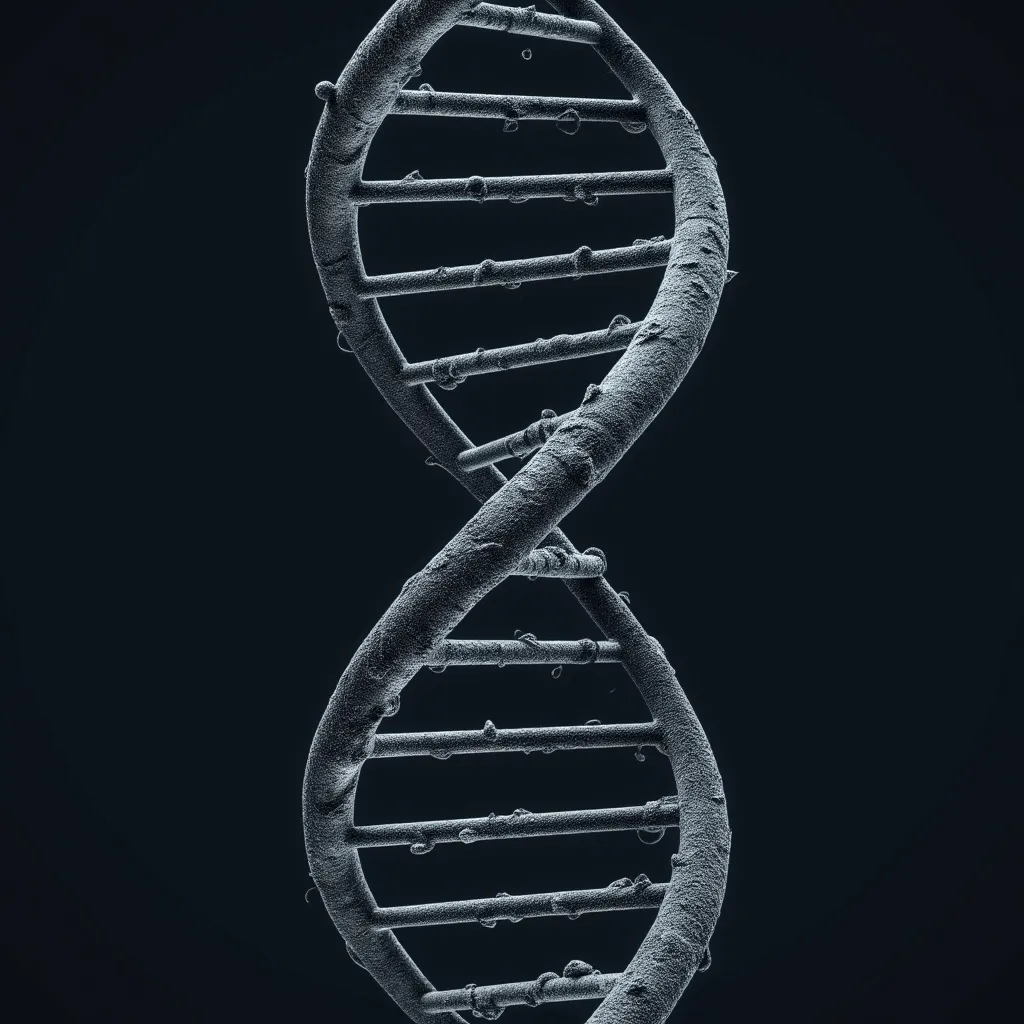Understanding DNA Test Results: A Comprehensive Guide
Discover how to interpret DNA test results, gain insight into their implications, and learn about the confidentiality and practical uses of this data.
What Are DNA Test Results?
DNA test results provide information about an individual's genetic make-up. These results are used in various contexts, including determining ancestry, understanding genetic predispositions to health conditions, and verifying biological relationships. A DNA test analyzes specific regions of the genome using samples such as saliva or blood, highlighting genetic markers and variations.
Types of DNA Tests
DNA tests come in various forms, each with unique purposes and methodologies:
-
Ancestry Testing: Determines ethnic origins and genealogical connections by analyzing genetic markers associated with particular regions or populations.
-
Health and Wellness Testing: Examines the genetic variations that might impact health, such as susceptibility to certain diseases or how one might respond to specific medications.
-
Paternity and Relationship Testing: Confirms biological relationships by comparing genetic markers between individuals.
Interpreting DNA Test Results
Understanding DNA test results involves recognizing the difference between raw data and interpreted results. Here are key elements typically included in your report:
-
Genotype Information: Includes data on specific genetic markers and alleles detected.
-
Phenotype Predictions: Provides the likelihood of physical traits or health conditions associated with your genetic profile.
-
Ethnicity Estimates: In ancestry tests, shows percentage breakdowns of different ethnic backgrounds.
Genetic Variations and Their Significance
DNA test results highlight genetic variations through Single Nucleotide Polymorphisms (SNPs) or Short Tandem Repeats (STRs):
-
SNPs: Single base pair changes in the DNA sequence, often used to predict health risks or ancestry.
-
STRs: Repeated sequences, useful for identity verification in forensic cases.
Understanding these variations can help individuals make informed decisions about health and lifestyle. For example, some may use services like ChatDNA to explore detailed wellness insights derived from their genetic data, which can help people tailor their health regimes.
Data Privacy and DNA Test Results
While DNA testing can offer valuable insights, privacy concerns are paramount. Companies should provide transparent information on how genetic data is stored, used, and shared. Regulatory standards in various countries may dictate how long test results and genetic data can be retained.
Limitations and Ethical Considerations
Interpreting DNA test results requires awareness of the following limitations and ethical nuances:
-
Probabilistic Nature: Results are often probabilistic, not deterministic, meaning they indicate likelihoods rather than guarantees concerning conditions or traits.
-
Ethical Use: Access and use of genetic information involve ethical considerations, particularly around data sharing and family implications.
-
Variant Interpretation: New research can alter the understanding of specific genetic variants, impacting the personal relevance of a test result.
Unique Applications of DNA Testing
Beyond typical uses, DNA tests are also applied in innovative fields like genealogical research connecting distant family histories, and personalized nutrition plans based on genetic predispositions. Additionally, DNA data can contribute to broader genetic research, helping scientists understand human evolution and disease patterns.
Conclusion
DNA test results hold the potential to unlock numerous insights about personal health, ancestry, and relationships. While understanding these results can be complex, becoming familiar with the terminology and common analysis methods is beneficial. As DNA technology evolves, keeping informed about advancements and data privacy considerations is crucial for those engaging in genetic testing. For those looking to use their DNA data for a deeper exploration of health and wellness, platforms like ChatDNA offer a pathway to understanding intricate personal health narratives by utilizing existing genetic data.
What is ChatDNA?
ChatDNA can analyze your DNA to answer any question. When you ask a question it will provide clear explanations and meaningful insights about who you are at a genetic level.
You can import existing DNA results from all major services like 23andMe and AncestryDNA or purchase a new DNA test kit through ChatDNA.
ChatDNA is especially valuable for anyone interested in:
- Understanding how their genes influence health and wellness
- Learning about their unique genetic traits
- Discovering personalized insights about their biological characteristics
- Getting clear, conversational answers to their DNA-related questions
Ready to get answers about your DNA? Visit ChatDNA.co to get started.
